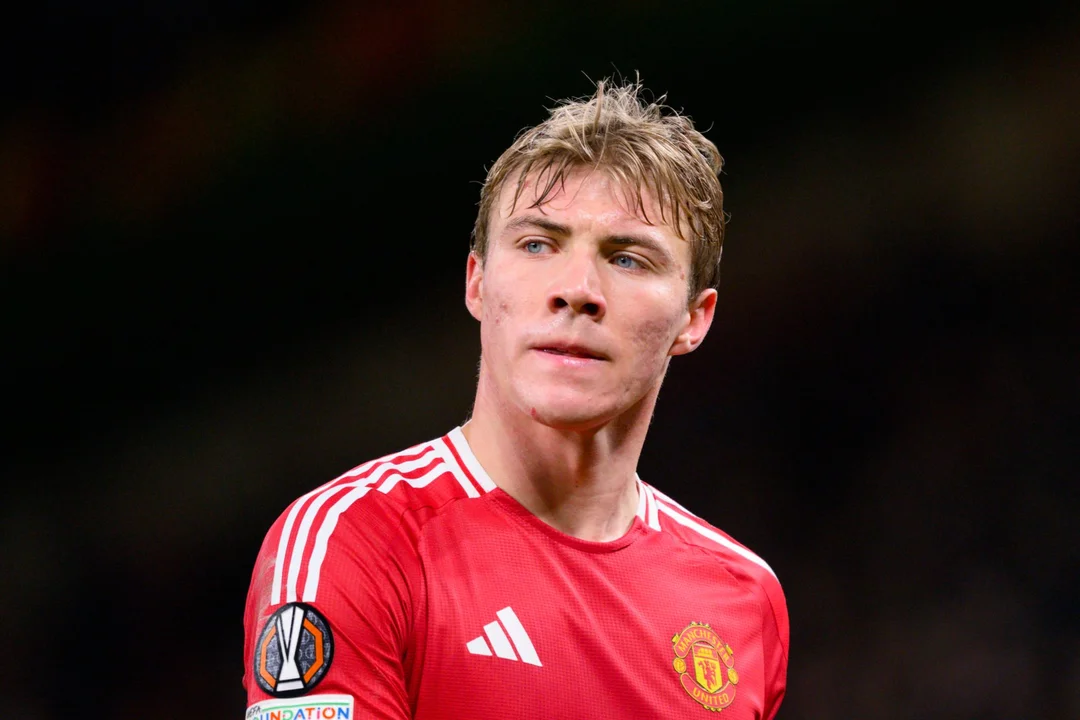
Roy Keane And Gary Neville Clash Over Manchester United’s Make-Or-Break Europa League Quest
As Manchester United prepare for a critical Europa League quarter-final clash against Lyon, two club icons — Roy Keane and Gary Neville — have dramatically clashed on what defines success in a season mired with setbacks. Their debate not only underscores internal frustrations but also highlights the immense stakes riding on this European campaign for Erik ten Hag's successor, Ruben Amorim.
Currently languishing in 13th place in the Premier League and eliminated from both the FA Cup and Carabao Cup, United's domestic journey has been their poorest in years. Across the board, fans and pundits alike agree this campaign has veered far below expectations. The Europa League now emerges as the solitary avenue left to salvage pride, secure silverware, and importantly, seal qualification for next season’s Champions League — crucial both for status and financial clout.
Yet when asked whether winning Europe's secondary competition would constitute a successful season, the legendary Roy Keane was unequivocal in his dismissal. ‘Not that trophy, no. Not for Manchester United,’ he declared sharply on the Stick to Football podcast, brought to viewers by Sky Bet. ‘Maybe for other teams winning that trophy, but United have higher standards. There is a plus because it'll get them into the Champions League, but that competition shouldn't be enough for United, absolutely not.’
Gary Neville, meanwhile, offered a more sympathetic perspective. ‘The reason I’d say it’ll be successful is because United couldn’t win the league this season, we knew that right from the start. They could only win three trophies — the FA Cup, League Cup, and the Europa League. If they won one, I’d say that’s successful. There is a big but — sacking a manager and languishing 13th in the league is bad.’
This contrast in viewpoints encapsulates an identity crisis: whether United's once-lofty standards should be tempered by current realities, or if accepting a 'minor' trophy as success risks institutional mediocrity. Context is key, though. Since replacing Erik ten Hag last November, Amorim’s tenure has seen uneven fortunes — struggling with a tactical overhaul towards his preferred 3-4-3 and the Premier League’s relentless tempo.
Indeed, Amorim candidly admitted ahead of the Lyon tie that European fixtures suit his squad better 'because the slower pace gives players more time to think.’ Since his arrival, United have remained unbeaten in Europe — five wins and a draw — whereas, in England, they have managed only six wins from twenty under the Portuguese manager. This tangible difference reflects stylistic mismatches and adaptation pains.
As Amorim highlighted, ‘Winning [the Europa League] is massive for our confidence, and then for the future. Playing Champions League changes everything, including summer budget and player attraction.’ With United’s financial and recruitment strategies hinging on Champions League entry, this tournament becomes make-or-break — an unusually high-stakes scenario for the Europa League.
There is some optimism: young midfielder Kobbie Mainoo has returned from injury just in time, though Amorim insists the 19-year-old is ‘not the finished article,’ citing room for growth especially in build-up play. Fellow returnee Luke Shaw further strengthens the options, even as defensive stalwart Matthijs de Ligt remains sidelined.
Alongside European fortunes, United face a daunting gauntlet of domestic fixtures — Newcastle, Wolves, Bournemouth, Brentford — all crucial if a miraculous ascent into the top seven is to materialise. Failure on both fronts would not only mark their worst season in decades but also complicate a summer rebuild with reduced finances and allure, perpetuating this cycle of underachievement.
Whatever the outcome, the Keane-Neville clash frames the wider debate all United fans must confront: is pragmatism in troubled times acceptable, or must United aspire — stubbornly — for higher standards regardless of circumstance?
As the Red Devils prepare for a defining European night in Lyon, supporters worldwide will wonder: can a Europa League triumph truly mask a season of turmoil or merely serve as a temporary balm over deeper wounds? Share your views below — does winning this trophy mean success for Manchester United?